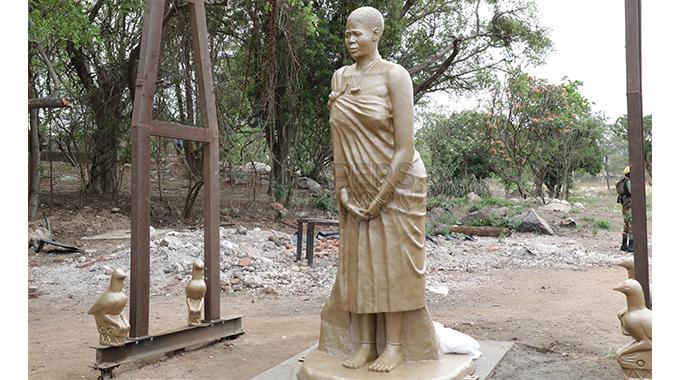China’s under-30s entrepreneurs

Ms G
When it comes to good business ideas, age and experience seem less important than we would have thought.
In China, the 20-somethings are making a foray into the business world. According to a 2019 survey of the under-30s’, Chinese entrepreneurs working in the Internet field, 45,16 percent started their first business programme before they turned 22.
The teams behind them are equally young — in 70,97 percent of the companies, the employees mainly aged between 18 and 25; those in their 30s accounted for a mere 3,23 percent.
Their success is remarkable. Wang Rui, a 30-year-old, started an online platform a few years ago for college students to look for part time jobs when he himself was a student.
Today, he has 26 million users in 283 cities in the country; every year, an average of 100 million matches are made; his start-up is now valued at nearly one billion RMB (about 151 million US dollars).
In 2014, as a representative of student entrepreneurs, he joined a meeting with the country’s premier to provide input into China’s annual government work report. In the gathering of China’s top business leaders, Wang stood out as the youngest, barely 22 years old.
Li Guochen, a 26-year-old, began his business adventures in high school, making his first fortune selling electronic products.
In college, he created an app to provide services for life on campus, such as takeout ordering and delivering, apartment renting, car hiring, and entertainment. Only one year into operation, the total revenue topped 12 million RMB (1,8 million US dollars).
While e-commerce is where most ideas take off, some young entrepreneurs are also making it work in the agro-processing sector.
At the 8th China Business Innovation Conference held last week in Beijing, Kang Jian was one of the most eye-catching attendants.
Dressed in traditional costume to highlight his ethnic minority background, the under-30 young man was there to present his 10 million RMB-worth of biotech company that makes green tea out of a traditional herb in his hometown.
For hundreds of years, wormwood bud has been part of the diet of the Dawoer ethnic group in north-eastern China where Kang calls home. It is normally seen in soup, stew and dumpling fillings. In the old days, these easily found herbs filled up the food gap for the Dawoers.
In recent years, as the Dawoers join the rest of the country in food security, the nutritional and medicinal effects of wormwood bud is catching the interest of the healthy eaters.
This shift gave Kang ideas. A professionally trained tea specialist, he developed a green tea product from wormwood bud which proved immensely popular. But to Dawoers like Kang, wormwood is more than just a herb. The small but resilient plant carries the culture and history of the ethnic group. This is also what Kang wants his customers to know. He designed stores to offer a cultural experience and tell the story of the herb, his company, and his people. The move proved a win-win for his tea and his culture.
Kang’s company has created over 1 000 local jobs and greatly increased the incomes of wormwood farmers.
“I don’t think we are educated in order to leave our poor hometown. We are educated to lift our town out of poverty,” Kang was clear about his choice.
In the under-30s entrepreneurs like him, we see the future of an ever-growing nation.










Comments